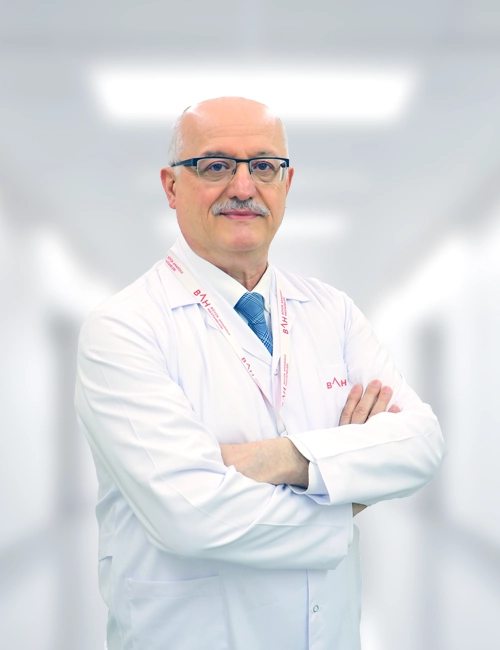-
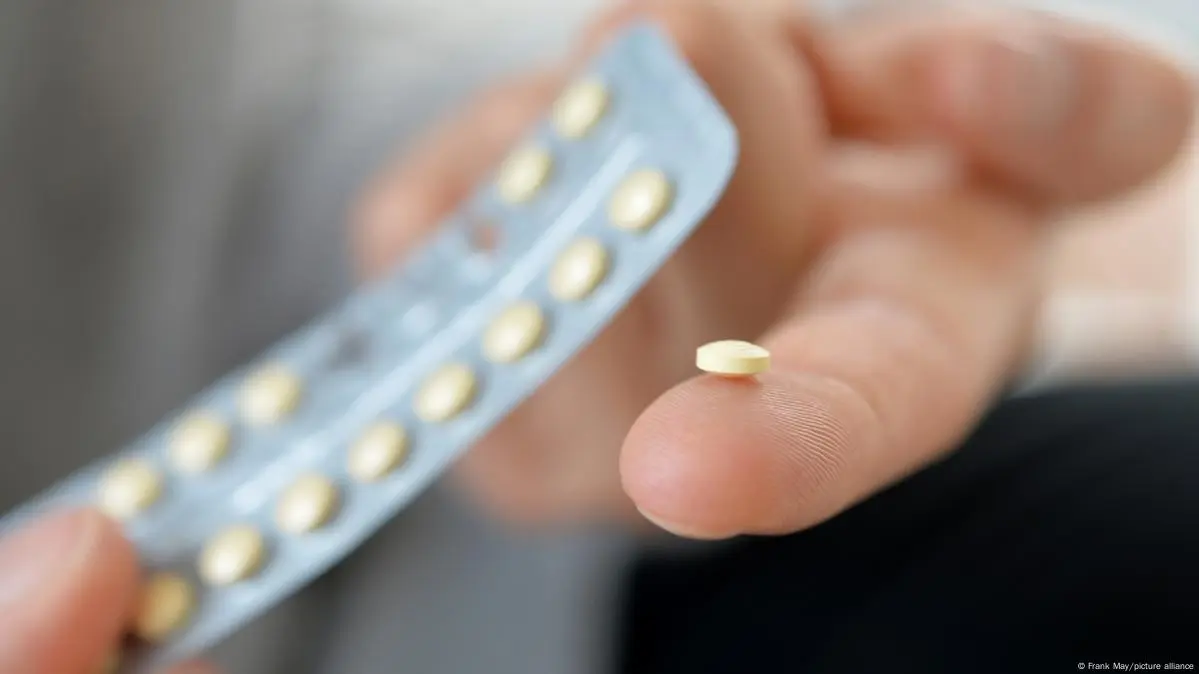 News
Hormone therapy in women under 55: latest data on breast cancer risks
News
Hormone therapy in women under 55: latest data on breast cancer risks
-
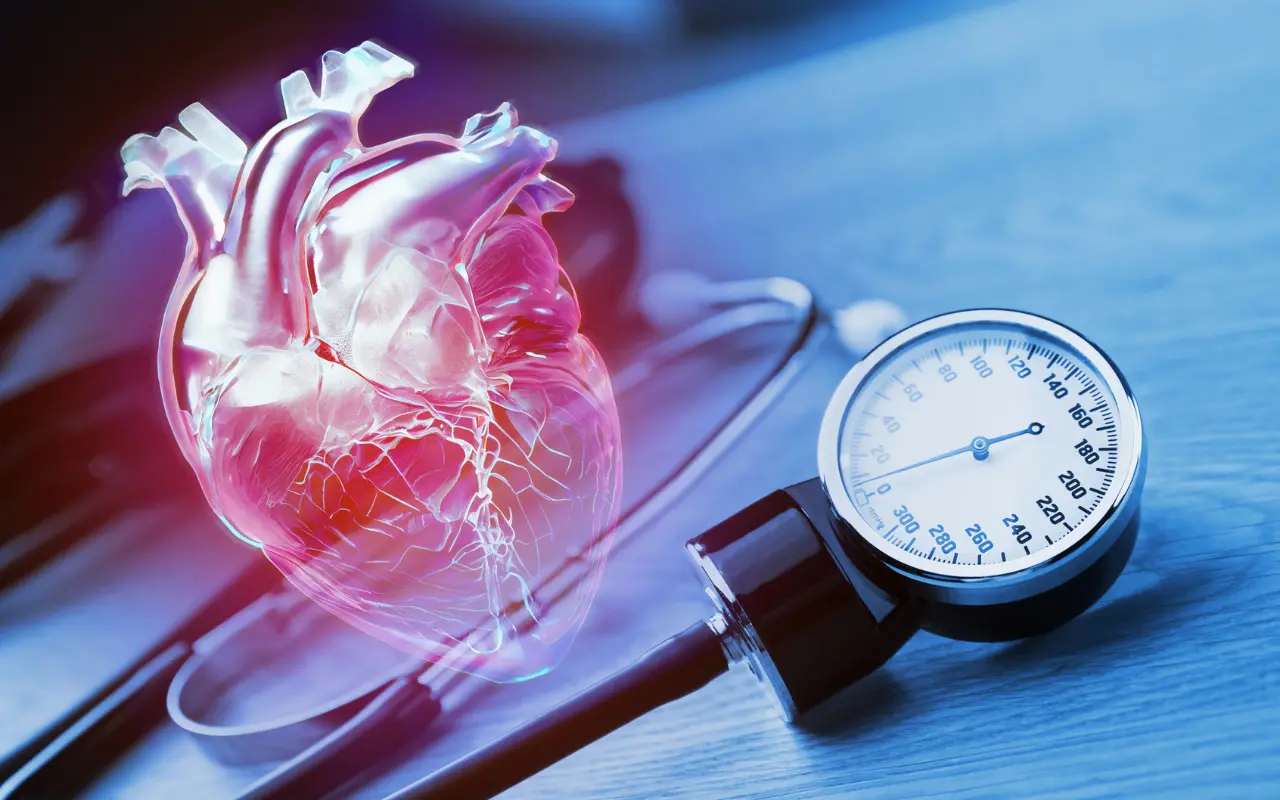 News
A new stage in cuffless blood pressure monitoring has begun
News
A new stage in cuffless blood pressure monitoring has begun
-
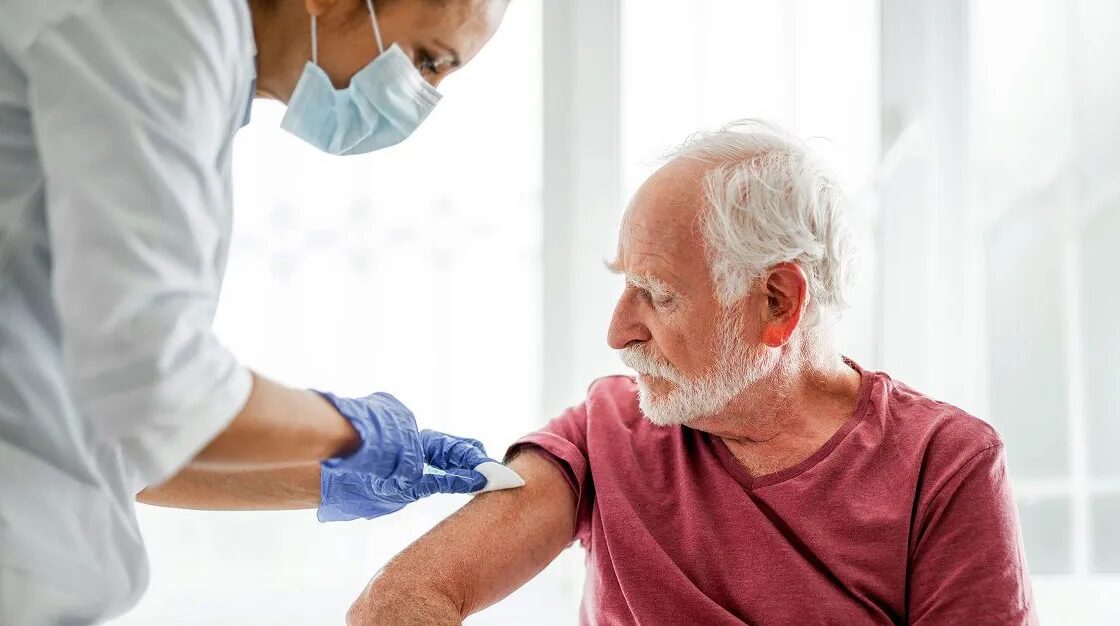 News
Vaccines reduce the risk of dementia
News
Vaccines reduce the risk of dementia
-
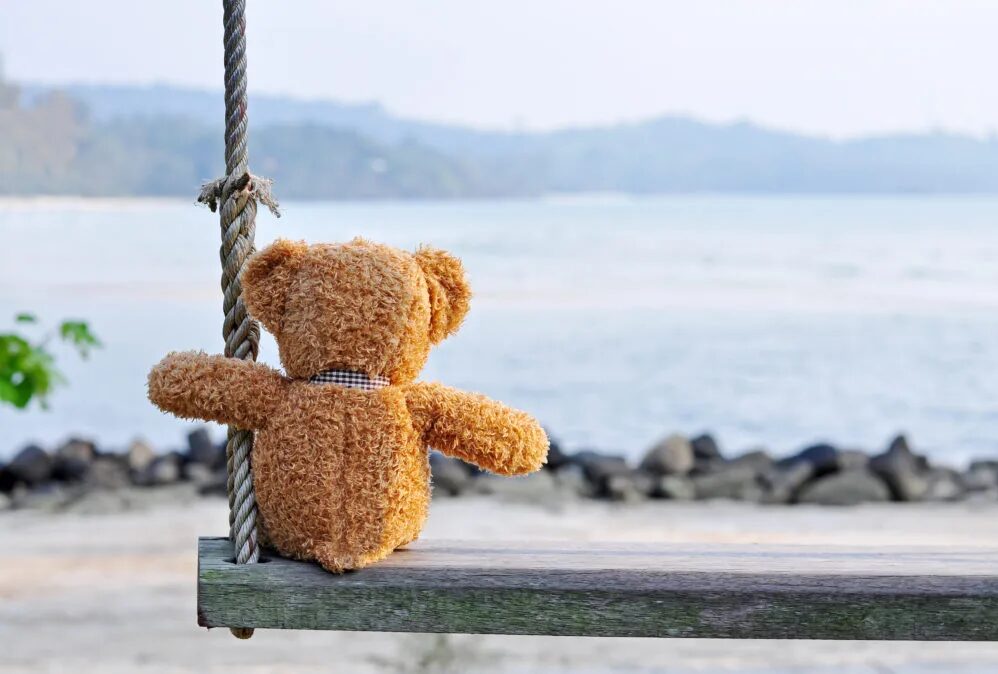 News
According to a WHO report, one in six people worldwide suffers from loneliness
News
According to a WHO report, one in six people worldwide suffers from loneliness
-
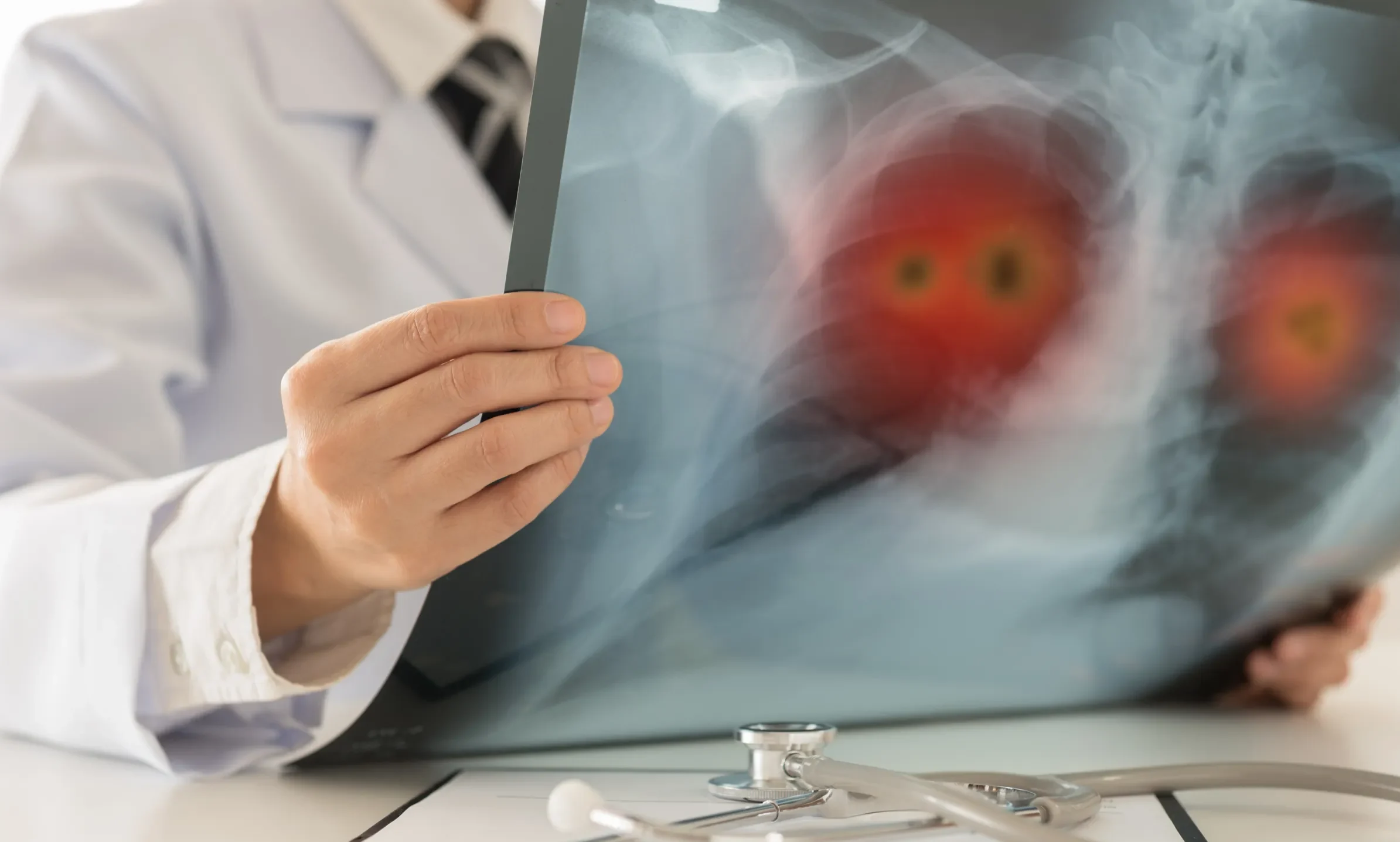 News
Australia launches national lung cancer screening program: a new approach to cancer prevention among high-risk patients
News
Australia launches national lung cancer screening program: a new approach to cancer prevention among high-risk patients
All news
Urolithiasis treatment
Urolithiasis (or urolithiasis) is a chronic disease that is characterized by the
formation of stones (concretions) in the kidneys or bladder. The disease can be unilateral or bilateral.
Concretions are single and multiple, and their size ranges from a few millimeters to 10-12 cm. Urolithiasis is more common in men, however, women are more likely to have large concretions. Patients with urolithiasis usually make up about 30% of all those admitted to a urological hospital.
According to the composition of the stones are:
- Urate-composed of uric acid salts;
- Oxalate — consist of oxalic acid salts;
- Phosphate-consist of phosphoric acid salts (the so-called coral stones);
- Protein-consist of amino acids;
- Mixed.
The cause of urolithiasis is currently unknown. Scientists are more inclined to the colloid-crystallization theory — when the renal tubules are damaged, a large number of mucopolysaccharides (protein-carbohydrate complexes) are released, salts and protein components from the urine are added to them, and stones are gradually formed.
MedTour patients recommend clinics for the treatment of urolithiasis:
Doctors for the treatment of urolithiasis
Frequently Asked Questions
- A diet rich in protein and drinking lots of wine;
- Composition of drinking water with a high salt content,
- Hyperparathyroidism (hyperfunction of the parathyroid glands);
- Diseases that contribute to urinary retention: prostate, kidney or bladder cancer, prostate adenoma, glomerulonephritis, kidney failure;
- Traumatic bone injuries, resulting in the release of a large amount of calcium salts into the blood;
- Traumatic kidney injuries;
- Chronic diseases of the gastrointestinal tract (gastritis, peptic ulcer of the stomach and duodenum).
- Pulling, aching pain in the lumbar region-characteristic of large and coral-shaped (concretions of calcium salts, having a characteristic structure with a large number
of protrusions); - Renal colic is a condition in which the concretion clogs the urinary duct and disrupts the outflow of urine, as a result of which the renal capsule is stretched, which causes a pronounced pain syndrome;
- The appearance of blood in the urine or pain when urinating. Often coincides with renal colic;
- Anuria is the absence of urine — this condition is also associated with a blockage of the urinary duct and is often correlated with renal colic;
- In some cases, urolithiasis can be completely asymptomatic, and is detected as an
accidental finding on ultrasound
- Pyelonephritis – acute pyelonephritis occurs due to a violation of the outflow of urine, if this situation is repeated, it can become chronic;
- Hydronephrosis of the kidney-the expansion of the renal pelvis, due to a violation of the outflow of urine, can lead to the removal of the kidney;
- Kidney carbuncle — the occurrence of purulent formation in the kidney due to an infectious process;
- Acute and chronic renal failure.
- A healthy diet with a balanced content of proteins, fats and carbohydrates;
- Drinking enough water 1.5-2 liters per day;
- Salt restriction;
- Active lifestyle;
- Timely diagnosis and treatment of diseases of the genitourinary system.
- In 99% of cases abroad, it is possible to perform a low-traumatic operation without complications (such as the need for drainage, kidney resection, kidney removal and the need for repeated surgery);
- In 78% of all cases of urolithiasis, experienced doctors manage to do without invasive interventions and cure the patient with medication;
- In clinics in Israel and Europe, the method of percutaneous nephrolithotomy is widely used, when through a 2 mm incision in the lumbar region, access to the stone is created and it is possible to remove it simultaneously and painlessly.
What are the modern methods of diagnosis and treatment of urolithiasis
Diagnosis of urolithiasis
Diagnosis of urolithiasis urolithiasis is quite simple:
- Clinical — the presence of characteristic complaints of pain in the kidneys or bladder, the appearance of blood in the urine, the release of concretions allow you to suspect urolithiasis;
- Ultrasound — 90% of cases of urolithiasis can be accurately diagnosed with ultrasound of the kidneys and bladder;
General urinalysis-necessary to assess the condition of the kidneys. - The presence of red blood cells, hyaline cylinders and salts in it indicates kidney damage, and an increase in white blood cells indicates the presence of inflammation;
- Overview urogram and excretory urogram — for detailing the urinary tract and the degree of their obstruction by concretions;
- Pelvic CT with intravenous contrast — also to get an idea of the state of the urinary tract and blood vessels of the kidney and bladder, as well as to exclude complications that require kidney removal, such as hydronephrosis.
Treatment of urolithiasis depends on the size of the stones, the location of the
stones, and the patient’s symptoms.
Basic treatment methods:
Diet
If the stones are small and subject only to observation, a diet with a restriction of salt, spicy and fatty foods, dairy products and raw vegetables and fruits is quite enough to prevent the increase in the size of stones and the appearance of new formations. In other cases, the diet is also recommended as an auxiliary method.
Medical treatment
It is aimed at removing stones from the body. It often remains the main method of treating small stones.
Lithotripsy
This is the crushing of the stone with the help of various external energy sources (ultrasound, laser, percutaneous (percutaneous), laparoscopic lithotripsy). This method of treatment is the main one. The most effective method is considered to be contact laser lithotripsy.
Endoscopic stone removal
This is an instrumental removal of the stone through natural holes (often used after lithotripsy).
Surgical removal of a stone
It is rarely used, as a rule, after the occurrence of complications of urolithiasis
in many cases-together with the kidney.
As a symptomatic treatment method, urinary tract stenting is used to improve the outflow of urine.
Published:
Updated:


Information on this webpage verified by the medical expert

